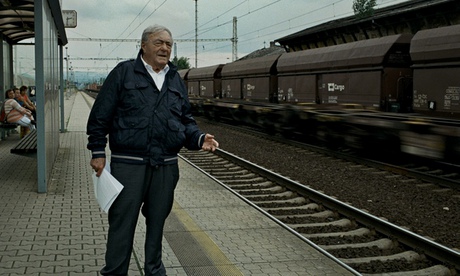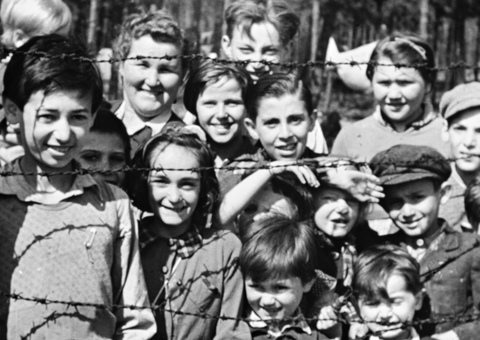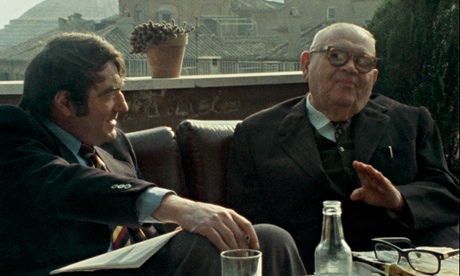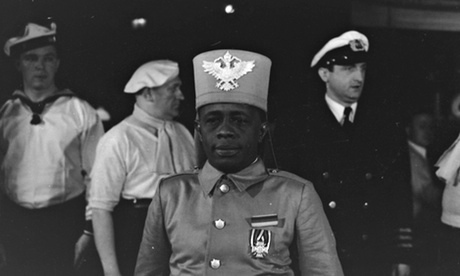At 87, Claude Lanzmann is still capable of enforcing his film-making personality on European cinema: he is a landmark in the shadow of his great subject, the Holocaust. His film, Shoah, is now best seen not merely as an incomparable record, but as an intervention in history, an insistence on eyewitness testimony and compelling truth. This new film is a remarkable companion to his masterpiece Shoah: a fascinating encounter, recorded in Rome in the 1970s, while working on his great film but not used at the time, for reasons that Lanzmann leaves us to ponder.
It is an interview with Benjamin Murmelstein, an Austrian Jew and last surviving “chairman” of the Theresienstadt ghetto, near Prague, a supposedly comfortable Potemkin-style arrangement that was part of a sickening pantomime of ostensible good faith after the Anschluss. Murmelstein explains that their inhabitants, and the world, were distracted with the fatuous fantasy of being shipped over to Madagascar: a cynical euphemism for the death marches and extermination, in which Murmelstein was held to be complicit. The Nazis coerced leading Jews to be their administrative “elders” there, a queasy use of Judeophobe-propagandist terminology, and Murmelstein was the last surviving example (his predecessors were murdered by the Nazis).
He was a man hated after the war for being a collaborator. But he was someone who perhaps saved lives due to his endless and often terrifying negotiations with Adolf Eichmann on the subject of emigration, when the Nazi authorities still believed that allowing Jews to depart without their money might be practicable and profitable.
Lanzmann treats Murmelstein with generosity, emphasising the cruelty and sadism with which these elders were treated. Murmelstein is a riveting subtle study in survivor non-guilt – voluble, eloquent and shrewd. But as the story progresses towards 1945, and the fact that Thereisenstadt’s inhabitants perished and he did not, Murmelstein becomes increasingly vehement and even slightly hysterical.
Lanzmann sombrely introduces his film at the railway station. These stations – modern places with their tracks receding endlessly over the horizon – look like anti-memorials. As for Murmelstein, he is almost, like Eichmann, a refugee, in exile or hiding. Lanzmann himself is perhaps part interlocutor and part confessor, like Gitta Sereny with Albert Speer. The film itself is haunted and haunting.
- This article was amended on 29 August 2016 to correct the picture caption.










